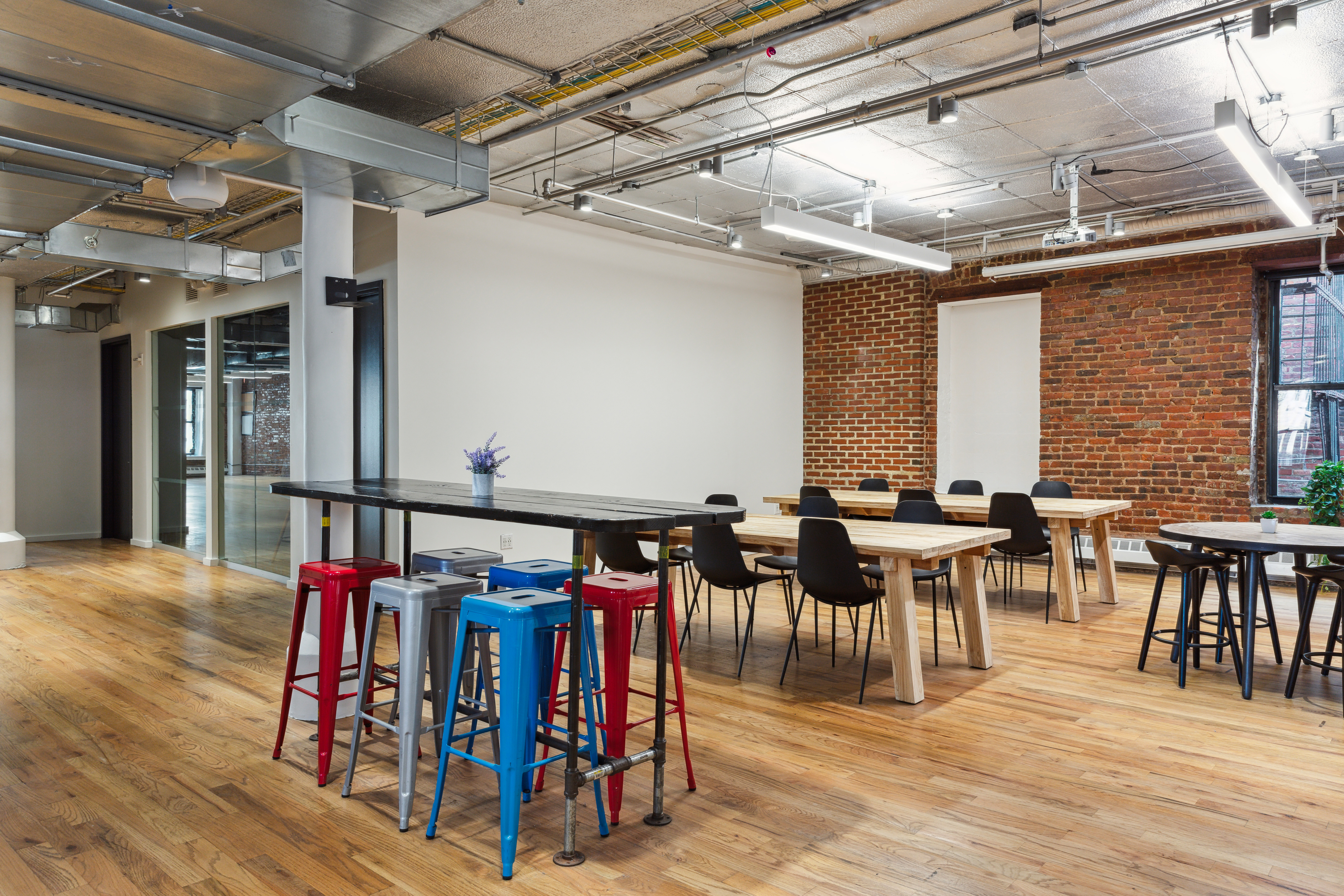
What Streaming Services, Ridesharing, and Coworking Have in Common
Since the early 21st century, the sharing economy has taken the world by storm.
Now more than ever, you have the ability to use products or services without the costs or hassle associated with owning them.
Today, this applies to cars, music, movies, and beyond.
With the rise of coworking, this same philosophy now applies to office space.
What Exactly is The Sharing Economy?
On a fundamental level, the sharing economy is an ecosystem in which individuals share in the distribution and ownership of products and services.
Case in point: Uber and Netflix.
While they’re far from the only organizations within the sharing economy, they were among the catalysts that propelled this concept into mainstream culture–and helped it become what it is today.
When they broke onto the scene, they completely disrupted their respective markets.
And they’re not the only ones.
Music, Movies, and Video Content
Let’s get into a quick story.
In the late 1990s, Blockbuster reigned supreme in the video rental industry. Its iconic blue and yellow storefronts were a staple in nearly every neighborhood.
In 1997, a small startup called Netflix emerged with a novel idea: DVD rentals via mail with a no-late-fees model, which directly challenged Blockbuster’s profit strategy that heavily relied on such fees.
As technology advanced, Netflix pioneered streaming video in 2007, transforming the way we consume media. Instead of physical stores or DVDs, Netflix offered instant access to a vast library of films and TV shows online. This innovation caught Blockbuster off-guard, which was then struggling under its traditional brick-and-mortar business model.
One of the most pivotal moments in this industry shift came in the early 2000s when Blockbuster had the opportunity to purchase Netflix for a mere $50 million. Blockbuster, underestimating the future impact of streaming technology and overconfident in its market dominance, declined the offer. This decision is now famously regarded as one of the biggest missteps in media business history.
As Netflix grew into a streaming giant, Blockbuster’s inability to adapt quickly to digital consumption led to its decline, culminating in bankruptcy in 2010.
Fast-forward to 2024, and companies like Spotify, Apple Music, Amazon Prime Video, and Hulu have all embraced this model, fundamentally reinventing the way we consume music, movies, and video content.
Health, Fitness, and Fashion
The sharing economy extends beyond streaming music and movies.
Platforms like ClassPass let you try out a multitude of fitness classes, from yoga to pilates and strength training, all within one inclusive subscription.
Runway rental subscriptions like Rent the Runway, Le Tote, and Nuuly allow you to rent out contemporary and luxury designer brands, giving you access to many options without owning every single piece–and without the massive price tag that comes with owning these depreciating assets.
Education and Training
Online educational platforms like Udemy and Coursera provide you access to hundreds of training classes on every single topic you could think of—all housed in one place, without the need to step foot in an educational institution.
Rather than paying for a course or program and showing up in person, you can participate in self-directed learning on your own time and at a fraction of the cost of traditional learning vessels.
Even Masterclass, with its comparatively premium price tag, is becoming hugely popular for allowing individuals to access training from big-name celebrities, entrepreneurs, and entertainers who have mastered their craft.
Imagine how much a one-on-one private training session with Hans Zimmer, Martin Scorsese, or Shonda Rhimes would cost–if ever you could make it happen. With Masterclass, you get access to all of these within one place and one subscription from the comfort of your own office or home.
The bottom line couldn’t be clearer: the sharing economy just works.
Why Office Space is the Latest Addition to the Sharing Economy
Let’s think back to the story of Netflix.
For decades, Blockbuster was the status quo–nobody ever imagined you’d stop going in-store to rent a movie. But sure enough, consumers chose convenience and low costs, and Blockbuster went bust.
Today, we can draw parallels between these storylines and the one taking place in the office space industry.
As coworking grows in popularity, organizations of all sizes–from solo professionals to SMBs and even large-scale companies–have access to fully serviced professional offices chock full of incredible amenities with access to a community of like-minded professionals without the need for long-term leases, rigid terms, and endless costs.
With a coworking space, you can sign up for a membership and be working in your new office within a matter of days–whether it’s a hot desk or dedicated desk, a private office, or a team suite big enough for dozens of staff. And, since you’re not tethered to long commitments, you can be out almost as quickly if your needs change.
With the rise of the sharing economy, it’s clear that people value cost-effectiveness, flexibility, accessibility, options, and ease. As it turns out, this applies to businesses, too. At WorkBetter, you can get access to a professional workspace in the heart of Manhattan–without the expenses, headaches, and hassle of owning a long-term lease.
Discover a Better Way to Work
If you are interested in learning more about Work Better or exploring our membership options, we invite you to book a tour of our space today
Book A Tour